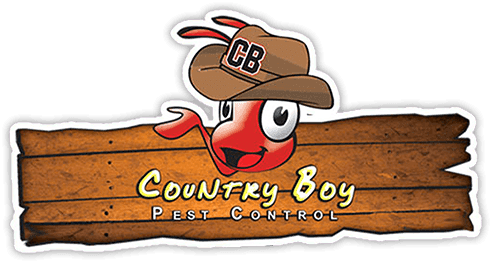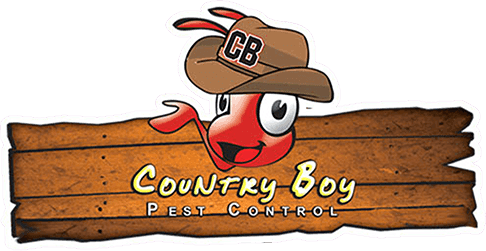 Chinch bugs are a part of life when you live in hot, sunny Florida.
Chinch bugs are a part of life when you live in hot, sunny Florida.
So if you have yellowish-brown spots in your lawn, do not ignore them. You might have an infestation that could result in hundreds of dollars in repair, said Ron Henderson, owner of Country Boy Pest Control Inc.
“Chinch bugs are the number one pest to St. Augustine lawns and are by far the most difficult pest to control,” said the Winter Haven Pest Control professional. “They can do an enormous amount of damage to your lawn in a short period of time.”
Chinch bugs have small, slender black bodies with white wings folded on their backs, each bearing a triangular black mark. Chinch bugs will suck the sap out of the roots and stems of the grass. They thrive in the hot summer months and if it isn’t bad enough that they suck nutrients from your grass, they also inject a poison.
“Chinch bugs won’t knock on your front door to let you know they are there,” said Henderson. “Sometimes their damage can seem to appear overnight, so you have to know what to look for and react quickly.”
Infestations generally occur in open, sunny areas near sidewalks and driveways, as well as in the middle of the lawn. Initially, the areas with chinch bug damage will begin to turn yellow and then reddish-brown. Soon the blades will start to curl up, look grey and dead, the roots start to die off as the bugs continue to feed, and you are left with large brown spots of dead grass.
“Chinch bug damage can be confused with certain lawn diseases and drought conditions,” said Henderson. “Early detection and frequent inspection of your lawn during the summer can stop a major infestation from occurring.”
If you notice a change in your grass, the lawn care professional has a tip: remove both ends of a tin can, soften the soil with a little water and insert one end of the can into the ground at least 2-3 inches deep. Fill the can with water and wait for about five minutes. If you have chinch bugs, they will float to the surface of the water.
Failure to control chinch bugs usually results in the replacement of the sod, which comes at a high cost. Treatment of these pests can pose many challenges, as they have become resistant to every major chemical used against them except for one, said Henderson.
Arena Insecticide is a systemic insecticide, which means it is absorbed through the plant, so when the bugs suck the juices from the grass they ingest the Arena and die. This product causes chinch bugs to cease feeding on the treated turf grass within 24 hours. It has long-lasting residual control and, while more expensive, it is the most effective method of treatment.
“We have been using Arena for several months now and our customers are very satisfied with the results,” said Henderson. “We are able to save them the hassle and cost of replacing their lawn, which is great- especially in this economy.”
Knowing what to look for and how to identify the chinch bug are the first steps in controlling an infestation. A call to our pest control company should be next.


